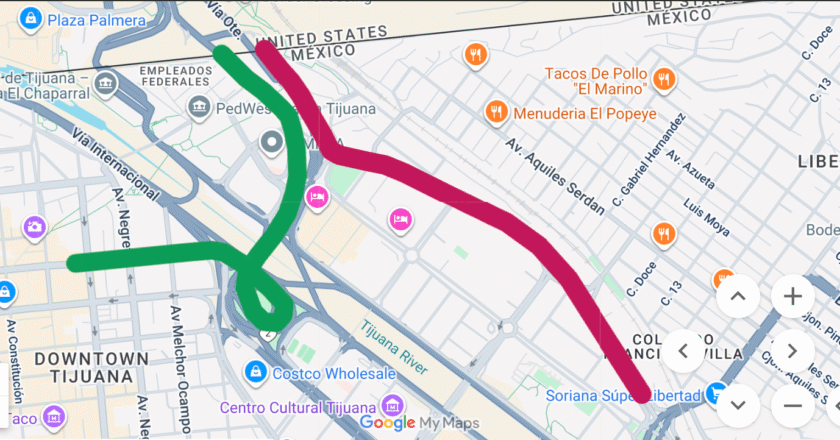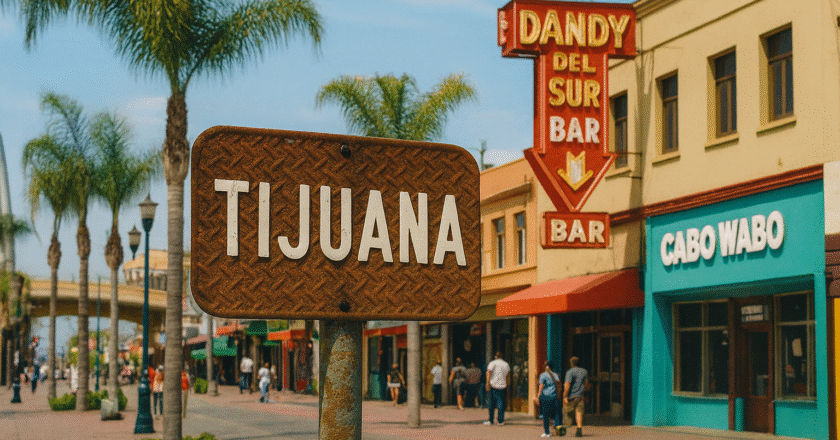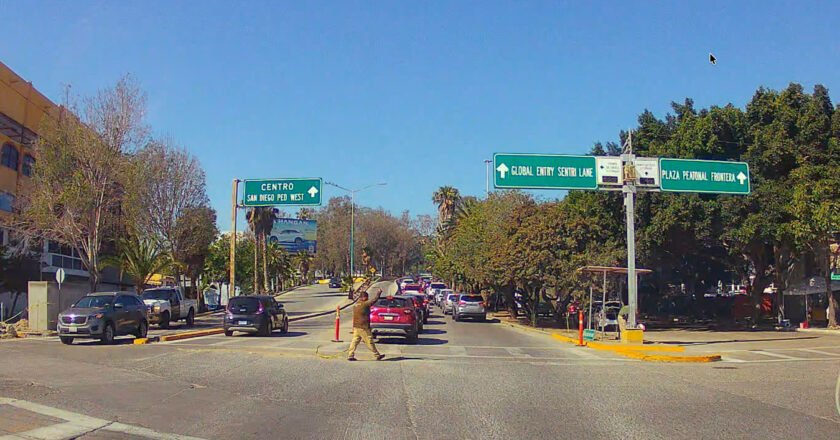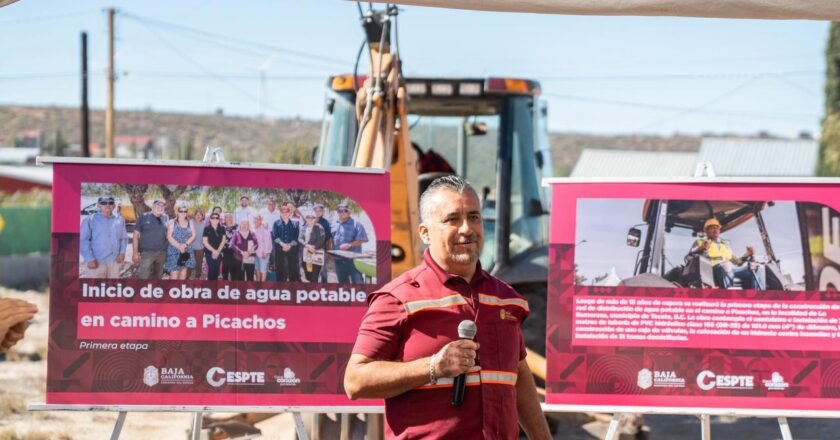If you’ve heard rumors about SENTRI moving—take a breath. The main SENTRI entrance on Blvd. Padre Kino isn’t going anywhere. …


If you’ve heard rumors about SENTRI moving—take a breath. The main SENTRI entrance on Blvd. Padre Kino isn’t going anywhere. …

How to download a PDF of this publication:1. Locate the icon toolbar at the bottom part of the newspaper window. …

Early this year, people in Tijuana started showing up at community centers with guns wrapped in towels, plastic bags, and …

Once upon a time—okay, not that long ago—smoking indoors was as common as breathing. You could light up in restaurants, …

The Musical Magnetism of Tijuana It all started with a message from reader Sergio J. Castro. He sent me a …

UPDATE OCT/29/2025: We had previously stated that the SENTRI traffic was moving from Blvd. Padre Kino to Calle Segunda, authorities …

It’s not champagne they’re toasting with in Picachos—it’s running water. After 15 long years of dry promises, the mountain community …

When people say they want to “see Baja,” they usually mean a wine weekend in Valle (not my fault) or …

There’s something magical about watching the desert move. The heat bends the air, the light turns everything golden, and for …

The Baja 1000 is coming home. After years of debate and environmental hurdles, Ensenada’s mayor Claudia Agatón Muñiz has officially …